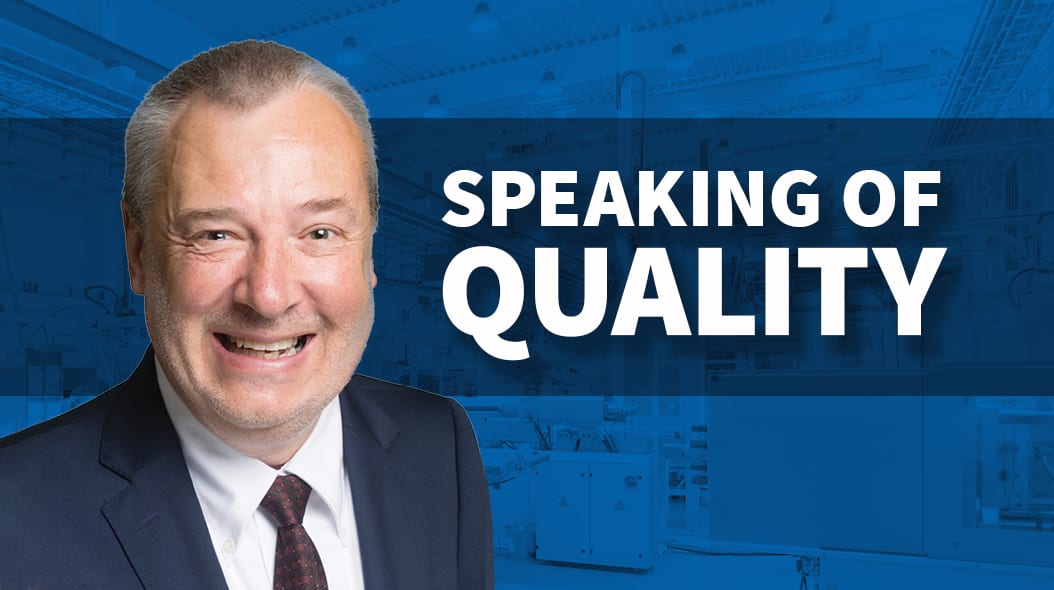From the editor
Darryl Seland
From the editor | Darryl Seland
And adaptability.
Change

Change. American author John C. Maxwell called it “inevitable.” It’s an extension of Greek philosopher Heraclitus’ quote, “There is nothing permanent except change.”
That being said, the greatest tool we have to combat, or deal with, change is adaptability. Stephen Hawking said that intelligence itself “is the ability to adapt to change.” Adaptability is actually a biological necessity. We are all familiar with “survival of the fittest,” and attribute it to Charles Darwin. What Darwin actually said is, “It is not the most intellectual of the species that survives; it is not the strongest that survives; but the species that survives is the one that is able best to adapt and adjust to the changing environment in which it finds itself.”
With something so deep in our biology, it is no surprise that adaptability permeates the psychology—and more than a number of mantras—across a breadth of disciplines, including business, sports, and life itself.
P - Main body. paragraph of text goes here. Main body. paragraph of text goes here. Main body. paragraph of text goes here.
“Pull Quote Goes Here”
“Enjoying success requires the ability to adapt. ” - Nolan Ryan
Some of the greatest figures in sports have talked about the importance of being able to adapt. Boxer Floyd Mayweather, Jr., said, quite succinctly, “A true champion can adapt to anything.” Legendary pitcher Nolan Ryan said, “Enjoying success requires the ability to adapt. Only by being open to change will you have a true opportunity to get the most from your talent.” American mixed martial artist Diego Sanchez said, “Always learn, adapt and evolve.”
Sanchez’s quote mirrors an adopted, unofficial mantra of the United States Marines: Improvise, Adapt, Overcome. The phrase inspired the writers—and vice versa— of the Clint Eastwood character in the movie “Heartbreak Ridge.” In the mantra, adapt specifically means, “Adjust to circumstances to make them work in your favor.”
No surprise, adaptability is a key to success in the quality industry as well.
According to Fred Turek, machine vision projects often have a higher frequency of certain types of problems, writing, “These issues arise even when common good project management techniques are used. A major step towards avoiding them is recognizing and adapting to the differences with machine vision.”
Check out Fred’s article, “Machine Vision Project Management – What’s Different?” and everything else we have to offer in this month’s Quality.
Enjoy and thanks for reading!
